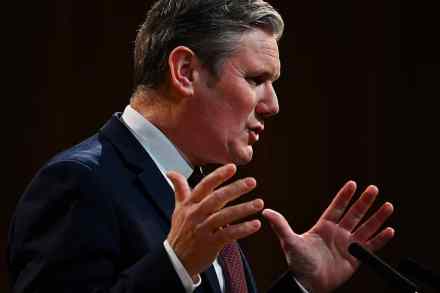Will Saudi oil really fix Britain’s energy crisis?
11 min listen
Boris Johnson is travelling to the Middle East tonight, where he’ll be meeting Gulf leaders and trying to convince them to pump more oil. With Britain’s energy price cap likely to rise to £3,000 in October, how important is it for the Prime Minister to get what he wants? And will more supply alone fix the problem? Max Jeffery speaks to James Forsyth and Katy Balls.




















